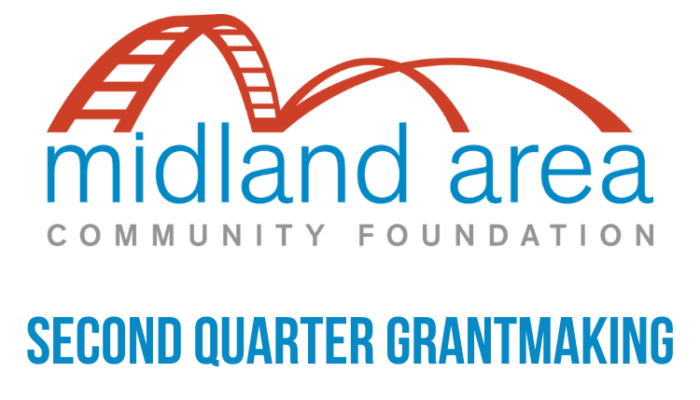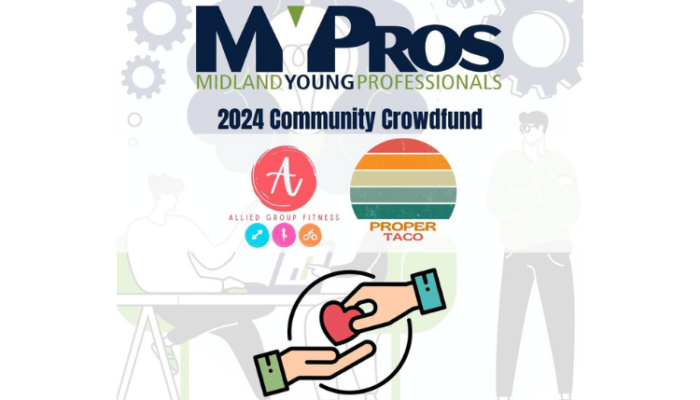How a Board of Directors can Determine the Success of an Organization
September 19th, 2018By Beth Sorensen Prince (Director, Community Advancement Network)
As members and supporters of the Midland nonprofit community, you most likely serve in one of two roles: A staff member or a volunteer. Among our most valuable volunteers is the board of directors; people who bring their talents and expertise to the table to support an organization through challenges, successes, and growth.
Whether you are a new or seasoned board member or Executive Director, it is important to remember that boards are ever-changing bodies that require not only an efficient and finely tuned orientation, but ongoing development in best practice nonprofit board governance. The role of a board of directors can be specific and involve not only advocacy and philanthropy, but also legal and fiduciary responsibilities. In addition, board development can sometimes fall through the cracks as the day to day responsibilities of running a nonprofit take over. So what should be the focus of the board of directors and how can the Community Advancement Network help support your board?
Start at the Beginning: Board Orientation
It may seem like common sense, but a comprehensive orientation is an important first step for all incoming board members. By outlining the role of the board member by way of a complete job description, legal and fiduciary responsibilities and fundraising expectations, the foundation is built for a productive relationship. It is important to keep in mind that people learn in different ways. While a manual may work best for some, a flash drive full of information may work for others, and a hands-on experience may be best for others. No matter how you present your information to your new volunteer, there are certain topics that should be covered including the following responsibilities.
Legal Responsibilities of a Nonprofit Board of Directors
There are three primary legal duties for all corporations, including nonprofits. These are outlined as the “duty of care”, “duty of loyalty”, and “duty of obedience”. These should be understood by all board members.
- Duty of Care: Take care of the nonprofit by ensuring prudent use of all assets, including facility, people, and goodwill;
- Duty of Loyalty: Ensure that the nonprofit’s activities and transactions are, first and foremost, advancing its mission; Recognize and disclose conflicts of interest; Make decisions that are in the best interest of the nonprofit corporation; not in the best interest of the individual board member (or any other individual or for-profit entity).
- Duty of Obedience: Ensure that the nonprofit obeys applicable laws and regulations; follows its own bylaws; and that the nonprofit adheres to its stated corporate purposes/mission.
(Source: National Council of Nonprofits, Board Roles and Responsibilities)
Fiduciary Responsibility
Overseeing the finances of the organization falls into a few categories for the board. It is the charge of the board of directors to review and approve the annual budget as developed by the staff with input from the board finance committee. Secondly, the board is responsible for engaging an independent auditor and reviewing the annual financial audit as required by law or accreditation. Also, the board has the fiduciary responsibility to ensure that funds are spent and saved in a responsible and prudent fashion.

Responsibility of Oversight of the CEO or Executive Director
The Board of Directors is responsible for hiring and setting the compensation for a highly qualified CEO or Executive Director. Therefore, the board is able to leave the day to day operations of the organization up to the leader and can focus on longer-term strategy and providing insight and expertise. In addition to hiring the CEO or Executive Director, the board also conducts an annual job performance evaluation for the leader. This may be foreign territory for a board member who has not performed an evaluation before, so becoming familiar with the process for that organization is important.
Responsibility of Strategic Direction
How should an organization engage their board in strategic direction? Even the most engaged board members should not be involved in the day to day operations of a nonprofit, but there is a necessary balance to be achieved where the board understands the programs and services and is tuned in to the strategic plan without overstepping. In fact, the board should play a role in the strategic plan and even have their own goals outlined in the plan. One way to keep the board engaged is to develop an annual work plan for the board that feeds into the larger strategic plan for the organization. By reviewing goals, tasks and milestones with the board, everyone stays on the same page and moves forward as a united front.
Responsibility of Advocacy and Philanthropy
Serving as ambassadors, board members should be well versed in the programs and services of the organization. Advocating at their company and in the community, board members can be seen as champions for the nonprofit and the people being served. In addition to sharing the mission and successes, it is also widely accepted that the board plays a philanthropic role. Assisting in fundraising can include making connections with funders, hosting events and helping with sponsorships are some ways that a board can help in addition to making a personal contribution on an annual basis.
Board Development
Ongoing educational opportunities for board members are an essential piece to keep a board functioning at a high level. Items that are covered can be a review of best practices or can vary based on the needs and makeup of an individual board. Sharing of articles, success stories or even having a guest speaker are all ways that an organization can help keep the board connected to the mission. There are a number of resources available to nonprofits based on the needs of an individual board member or the board as a whole. The topics covered in this article are a great place to start with an annual review with your board.
An engaged and active board is a vital piece of nonprofit success. Both being a board member and managing a board require care and attention and there are research-based best practices available. The Community Advancement Network offers many resources to support our nonprofit boards including board presentations, connections to best practice resources, board development opportunities, and new member training. We are able to help with the development of consent agendas, annual work plans, and by-law review to help your board operate at an optimal level.
For more information, contact Beth at beth@advancementnetwork.org.






